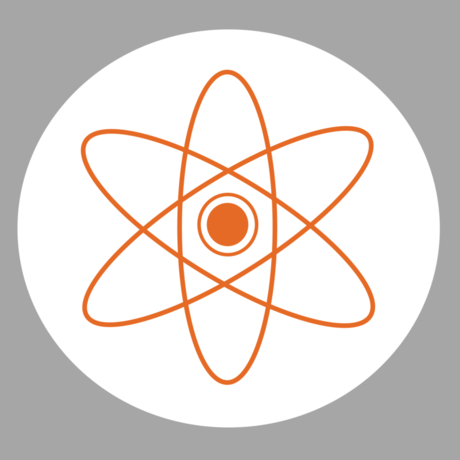With our increasing energy use, alternative energy sources are crucial for our future. But will nuclear fission be a part of this future?
About This Video
Grade level: 6-10
Length: 3.75 minutes
NGSS Disciplinary Core Ideas: MS-ESS3.A, MS-ESS3.C
In this video, we'll weigh the benefits and drawbacks of nuclear energy. Below are discussion questions you can use in the classroom in conjunction with this video to engage your students in the nuclear energy debate.
Video Discussion Questions
-
Why do people disagree about the use of nuclear power/energy?
-
What makes nuclear energy such a ‘complicated story?’
-
How do the byproducts of nuclear energy compare to the byproducts of burning fossil fuels?
-
What are the benefits and drawbacks of nuclear energy?
-
How does nuclear energy work?
-
What’s the difference between nuclear fission and nuclear fusion?
-
What do you think will happen in the future with nuclear energy? What do you think should happen and why?
- Based on what you learned in the video, would you support nuclear power?
Science Texts and Vocabulary for Students
Your students can read more about and do their own evaluation of nuclear energy:
Some of the topics and vocabulary in this video might be new to your students. To help with this, we've created a handout that your students can refer to as they watch this video and work through the accompanying activity:
Accompanying Activity: Nuclear Energy

What's Your Reaction?
How do we find a solution to a complex problem? We need tools to help us better understand the various dimensions of a problem, what factors we must weigh in deciding whether a solution is good/viable or not, and where to find credible information to help us draw conclusions. In this lesson, students must decide whether or not they support building a nuclear power plant in a fictitious community to replace coal as the primary source of electricity.
Connections to the Next Generation Science Standards
While this video doesn't necessarily cover the following standards in depth, it is a compelling resource you can use to supplement your curriculum that does.
Disciplinary Core Ideas (Grades 6-8):
- MS-ESS3.A: Natural Resources
-
MS-ESS3.C: Human Impacts on Earth Systems
Crosscutting Concepts (Grades 6-8):
- Influence of Science, Engineering, and Technology on Society and the Natural World
Exploring Energy: About This Unit
Energy is an important part of our everyday lives. We use energy to cook, get around, and send emails. In this unit, we'll explore the issues associated with fossil fuels and how people are coming up with innovative sustainable energy alternatives for a brighter future.
Browse All Materials:
- Video: What's the Deal With Fossil Fuels?
- Video: Buses and Biofuels: Sustainable Transportation
- Video: Renewable Energy: Clean Tech Solutions
- Video: Renewable Energy: Powered by Poop
- Video: Nuclear Energy: Is Fission the Future? [you are here]
- Activity: Nuclear Energy: What's Your Reaction?
- Video: Your Digital Footprint: Data and Energy Use [up next!]
- Supplemental Video: The Chemistry of Clothes
- Supplemental Video: How To Measure a Changing Climate
- Supplemental Video: The Climate is Changing but How's the Weather?
Additional Resources
UC Berkeley's Renewable & Appropriate Energy Laboratory
Learn more about how RAEL is fulfilling its mission of helping renewable and appropriate energy technologies realize their full potential to contribute to environmentally sustainable development in all nations.
Does the world need nuclear energy?
Watch Stanford professor Mark Jacobson square off with environmentalist Stewart Brand over the pros and cons of nuclear energy.
Nuclear Fusion in Our Backyard
The California Academy of Science's Science News team brings you this short video about how scientists at Lawrence Livermore Laboratory are experimenting with nuclear fusion as a future energy source.
PhET: Nuclear Fission
Your students can safely start their own nuclear fission chain reaction with this interactive simulation.
